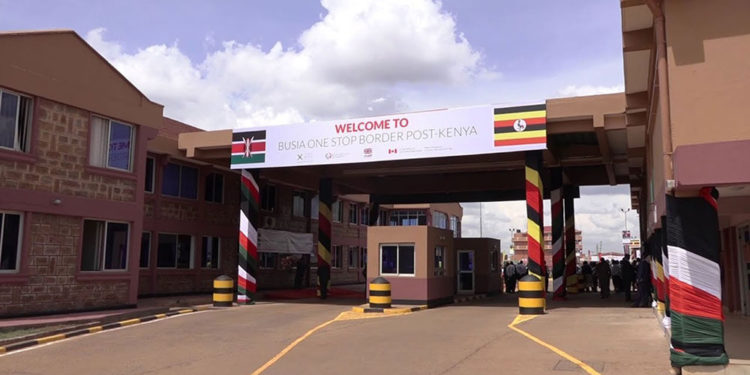Players using the Northern Corridor have asked Democratic Republic of Congo (DRC) and South Sudan to join the Single Customs Territory (SCT) in bid to enhance seamless flow of the cargo along the corridor and border crossing points.
A report by the Northern Corridor Transit and Transport Coordination Authority (NCTTCA) that gives recommendations based on its first 14 observatory reports has also asked Uganda to extend a list of goods cleared through the SCT.
“Uganda should consider expanding goods cleared under SCT and work towards full roll-out. It will minimise diversion of goods in transit. Border crossing has been seen as the second cause of delays,” the report noted.
To ease clearance of the cargo, the report recommends the need to synchronise all Single Window Systems. Kenya, Uganda and Rwanda have already established functional window systems. These systems provide a platform on which Partner Government Agencies (PGA) are able to clear cargo online. The process of automating customs processes in South Sudan is currently ongoing.
The report recommends Implementation of the Regional Customs Transit Guarantee and Single Customs Declaration for the region and other trade facilitation platforms.
“Some trade facilitation instruments are not yet implemented,” the report said.
To minimise fresh declarations and bonding of goods at the border stations, the report proposes use of Regional Customs Transit Bonds for all goods whose tax is not paid to reduce border crossing and delays.
“Member states should recognise the bond executed by forwarders in the other member states,” recommends the report.
To address the challenge in exchanging information and tracking of cargo in the Northern Corridor, the Member States should expedite the implementation of a Regional Unique Consignment Reference (R-URC.)
Established in July 2014, the SCT has reduced the cost of doing business by eliminating duplication of processes. It has also reduced administrative costs, regulatory requirements and the risks associated with noncompliance on the transit of goods. This is because taxes are paid at the first point of entry for all the partner states.
Most One-Stop Border Posts, one of the SCT initiatives, have recorded a reduction in clearance and transit time at the borders leading to effective use of available resources and assets at a lower cost.
Before Covid 19 that has affected cargo movement due to measures that Partner States have adopted to contain the pandemic, truck turnaround time of goods transiting from Mombasa to Kampala had reduced from 18 days to four, and goods from Mombasa to Kigali, from 21 days to six.
Then, the time and cost of transporting goods from the respective ports of Dar es Salaam and Mombasa had reduced from 21 and 18 days to seven and four days, respectively.
KRA is actively automating customs processes as part of the role of ICT in the successful implementation of the SCT. The most recent automation in cargo clearance is the use of the Integrated Customs Management System. This is set to be a game-changer in the industry, with less paperwork in clearance of air and sea cargo, hence reduced clearance time.





